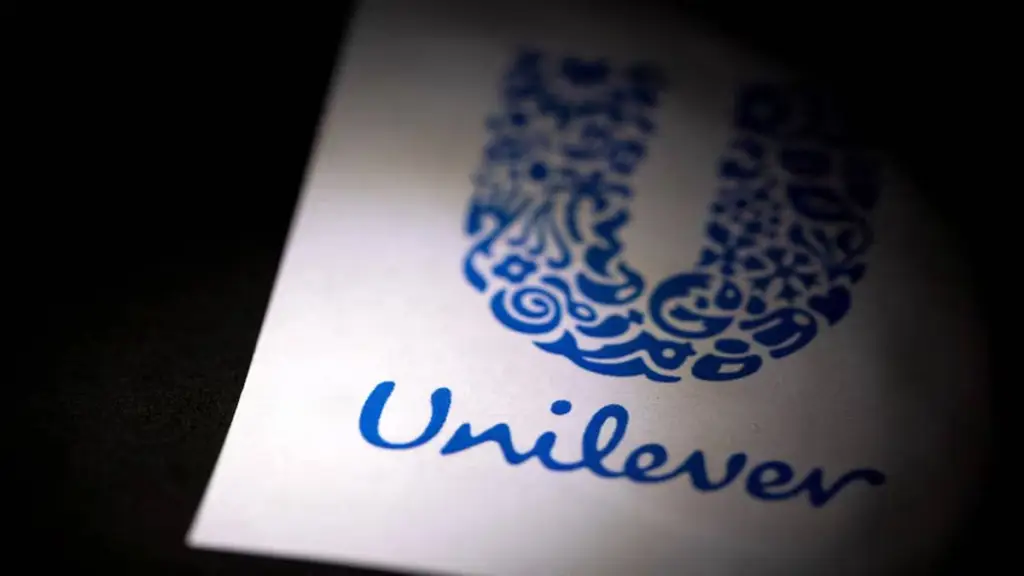Consumer goods major Unilever on Thursday said the uptick in volume growth in the June quarter for the India business was heartening and that it was consolidating share gains in the market.The company also warned that competitive intensity was growing in India and the US, which would result in higher brand and marketing investment in the future in these markets. India is Unilever’s second-largest market after the US, contributing over 11% to the company’s global sales.
Addressing investor queries over an analysts’ call on Thursday, Unilever CEO Hein Schumacher indicated that the company would also take a “hard look” at the “right acquisition opportunities” coming along in markets such as India, which were strategically important to the company.
“It should be in the categories in which we play or in the channels in which we play, should be capable of scale up and should be in the geographies where we put our priority,” Schumacher said.Subsidiary Hindustan Unilever (HUL) reported a 4% volume growth in the April-June 2024 period, higher than the 3% reported a year-ago. Sequentially, Q1 volume growth is 200 bps higher than the 2% volume growth reported for three straight quarters between Q2, Q3, and Q4.Unilever’s chief financial officer Fernando Fernandez said the firm’s operating profit for the quarter was more than offset by a higher seasonal outflow in working capital, a step up in capital expenditure, and higher income tax paid against the prior year comparator that benefited from some refunds in India.
Fernandez also warned of commodity volatility as the food basket remained inflationary, while the crude-linked basket remained benign in India. Also, currency volatility in emerging markets was expected to keep its full-year sales guidance of 3-5% for (calendar year) 2024 in check, even as emerging markets overall remained a “strategic pillar” for the firm.“There is negative pricing in some commodity-linked categories in South Asia and South East Asia. While we expect inflation to go back to 2-3% in the future, for now we are passing on the price gains to consumers in markets such as India as our focus remains on volume-led growth,” Schumacher said.
A deflationary environment typically sees the emergence of small and local brands, which HUL chief executive officer and MD Rohit Jawa said was over for now, as the company undertook aggressive price cuts to stay relevant to consumers, especially in rural areas.“There are green shoots visible in rural areas over the last few months. We will continue to deepen and strengthen our competitive moat in rural areas,” Jawa said.HUL also indicated that it would go slow on pricing action in the coming months. “Whatever price corrections we had to do because of commodity changes, we have executed in the market. We are expecting pricing to be near zero, if commodities remain where they are today,” Ritesh Tiwari, CFO, HUL said.


